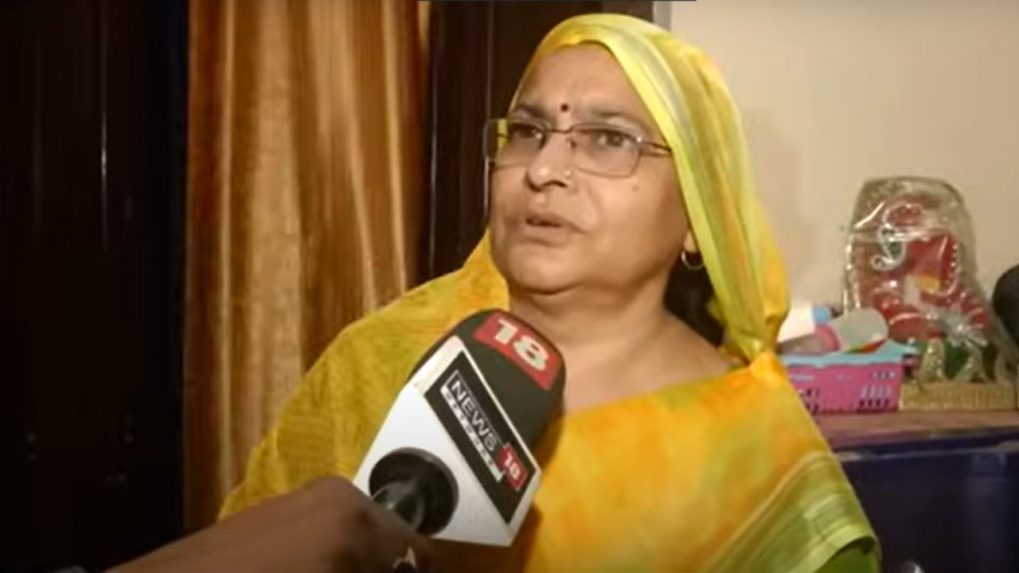Muzaffarnagar teacher viral video: MeitY, MIB send blocking orders to X, formerly Twitter
The viral video from Muzaffarnagar in Uttar Pradesh showcased a teacher showering communal remarks on a seven-year-old Muslim student and goading his classmates to thrash him. A case has been booked against the teacher.
ADVERTISEMENT
The Ministry of Electronics and Information Technology (MeitY) and Ministry of Information and Broadcasting (MIB) sent blocking orders to X (formerly Twitter) in relation to a viral video from August showing a teacher reprimanding a student allegedly due to this Muslim identity in Muzaffarnagar, as per a Moneycontrol report.
The two ministries admitted this in response to RTIs filed by digital rights group Internet Freedom Foundation and said that the posts on X were blocked under Sec 69A of the IT Act 2000. Under Section 69A, the Central government can issue blocking orders to platforms Twitter underground such as security of state, public order and so on. "We filed RTI requests with MeitY and MIB inquiring about tweets covering the Tripta Tyagi misconduct (teacher in Muzaffarnagar, UP) being withheld, which have now been rejected by both Ministries. Except that, both Ministries admitted to ordering censorship," IFF said.
The viral video from Muzaffarnagar in Uttar Pradesh showcased a teacher showering communal remarks on a seven-year-old Muslim student and goading his classmates to thrash him. A case has been booked against the teacher. Both, MeitY and MIB, however, refused to furnish further details on the reasoning behind the blocking orders by stating that such orders were confidential under the IT Act.
The digital rights group will now file appeals with the First Appellate Authority challenging the rejection of further information asked for by IFF through these RTIs. Such blocking orders issued under Sec 69A of the IT Act and IT Rules have been a bone of contention for social media platforms who allege that these directions are furnished without transparency and accused the government of muzzling freedom of speech and expression.
Twitter (before it was bought by Elon Musk), had approached the Karnataka High Court in 2022 and sued the government for a few such blocking orders. After the High Court ruled in favour of the government and upheld these orders, the platform, recently, filed an appeal against the HC's decision. The upcoming Digital India Bill, which will replace the IT Act, too, is likely to have similar provisions on blocking, highlighting concerns of censorship.
According to the version of a draft of the DIB available with Moneycontrol, the bill may retain provisions such as Sec 69A of the IT Act but may tweak its language to modify the legal guardrails that are currently present under the provision.

